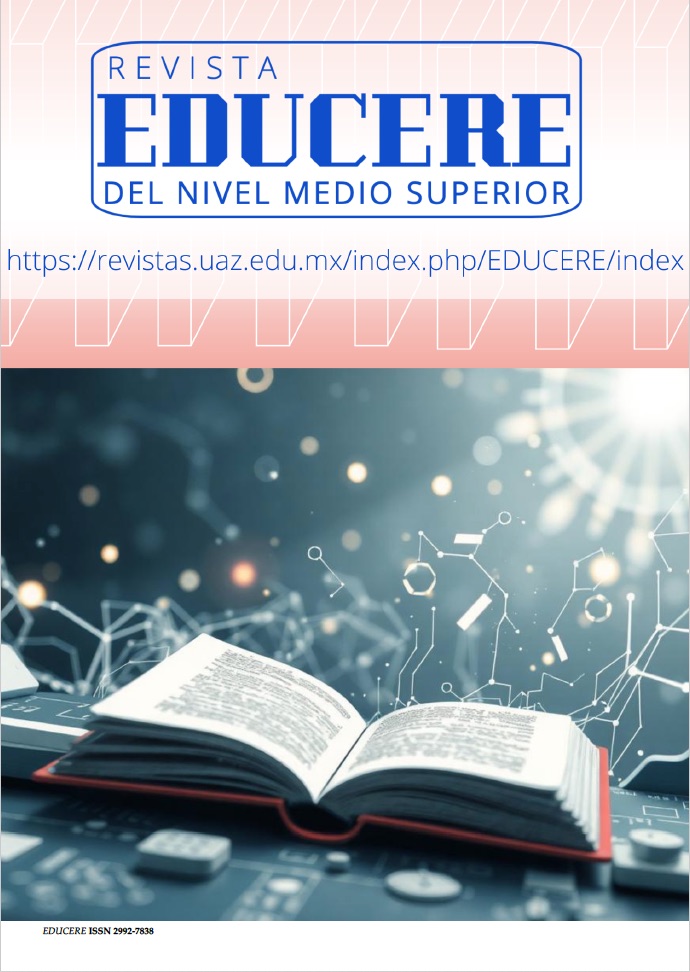Published 2025-10-24
How to Cite
Abstract
This document presents a research study on the integration of artificial intelligence (AI) into the teaching of English as a second language (L2) at the high school level in Mexico and its impact on key issues of social development, such as educational and labor inclusion. In light of students' low linguistic proficiency and the growing use of AI tools, such as automatic translators, the study proposes that metalinguistic reflection is an essential strategy to maximize their potential. The research employed a single-group quasi-experimental pretest-posttest design with 15 students. The intervention involved activities that guided them in identifying and correcting errors in AI-translated texts. The results showed a significant improvement and a large, positive effect on the students' ability to comprehend texts and identify errors, which confirms the study's hypothesis. The conclusions suggest that metalinguistic reflection empowers students to become active agents in their learning, overcoming the limitations of AI. The paper also acknowledges the study's limitations, such as the small sample size, and proposes avenues for future research.


